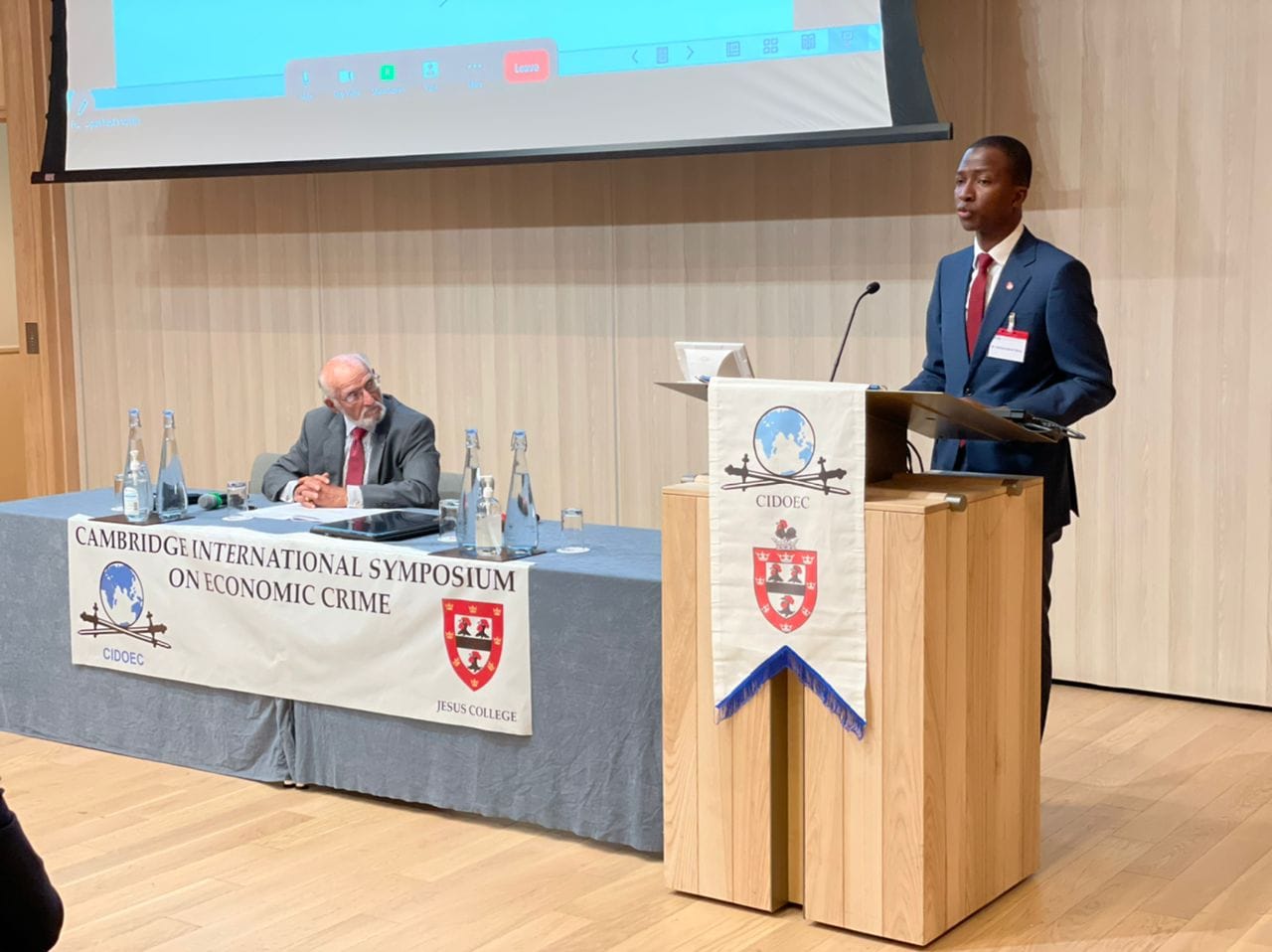Abdulrasheed Bawa, chairman of the Economic and Financial Crimes Commission (EFCC), says cryptocurrencies have become a preference for persons engaged in illegal financial transactions.
Bawa said this while delivering a keynote address on Monday, at the 38th Cambridge international symposium on economic crime, themed, ‘Economic Crime: Who Pays and Who Should Pay?’
The event was organised by the Center for International Documentation on Organized and Economic Crime (CIDOEC), Jesus College, University of Cambridge, United Kingdom.
In a statement by Wilson Uwujaren, EFCC spokesperson, Bawa was quoted to have said the use of cryptocurrencies by criminals poses a threat to global economy.
Advertisement
“Economic crimes, which are largely illegal acts committed for private gain, affect the vital structures of global economies, causing significant damage to the global financial system and depriving developing nations of the needed resources for sustainable development,” he said.
“Criminals now elect to transact or receive illegal monies (such as ransom money) for cyber-attacks in cryptocurrencies with Bitcoin and Ethereum as the most commonly used medium of these exchanges.”
He also said developed countries are not immune from such illegal activities, considering the “proliferation of cyber-crimes which threatens the stability of global financial institutions”.
Advertisement
“As the victims of crime continue to suffer globally from the effects of financial crimes, either directly or indirectly as part of a social system, the determination of who pays or who should pay becomes a critical measure of the criminal justice system in place,” the EFCC chairman said.
He added that an impartial judiciary is important in ensuring that “the perpetrators of acts and not the victims pay for their crimes”.
Add a comment






